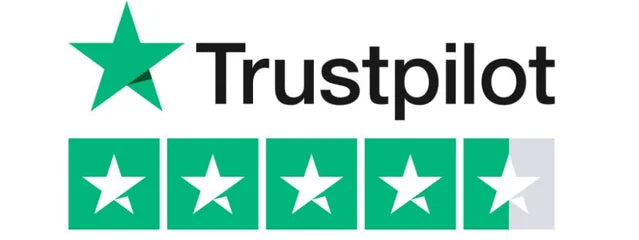The answer is too obvious. Yes, new technologies have really improved the workplace. What begs an answer is the extent to which new technologies have improved the workplace. We all know that there are two sides of every coin. In other words, what is the flipside to the various technologies that a modern workplace would have imperatively.
Let us explore the pros and cons of new technologies in the workplace.
- Technology has increased productivity. Employees are more efficient than ever before. That is primarily because most tasks that can be automated have been automated. No one has to crunch complicated numbers or process a lot of data. There are software and programs in place that can do the mundane tasks. From simple math to complicated assessments, algorithms are taking care of what would have otherwise needed some economics majors. Even those who have a major in economics can now focus more on the human interventions necessary than the repetitive tasks that can be done by a system. This has had a phenomenal impact on the quantum of work being done by an individual in a given period. It is fair to infer in this regard that companies are now more profitable owing to this increased productivity.
- The flipside to that is many jobs have become unnecessary or redundant and thus the growth rate of jobs is not flattering. While technology increases profitability of companies with increased productivity, it also helps to enhance those profits by cutting down costs. Automating specific tasks, saving on manpower, eliminating the need of certain positions and also overall increase in efficiency in the operations will cut down costs, especially overheads. This benefits the workplace as a company making more profits will have more perks to offer to the employees.
- Technologies have made collaboration simpler and more effective, not just within a team working in the same office but teams based offsite or across the world. People can work in real time, share files that can run into gigabytes and host multiparty video conferences without any lag. Working together has never been easier and it has never been more fun.
- Since the repetitive or boring stuffs can be done by systems, employees can focus more on their fortes. Designers can focus on design and leave the replications for the system. Managers can focus on policies and let the number crunching, reporting or even monitoring performances to the software in place. From payroll management to accounting, paying taxes to complying with company policies, everything can be taken care of by specific software.
- New technologies have a negative impact. They can act as distractions or relying far too much on automation and systemic operations can negate the significance of manpower but then that is the way a company can stay relevant and fiercely competitive in this age. New technologies are also necessary to ensure optimum security at workplaces. From securing the servers to having an effective firewall, company data must be protected from nefarious attempts.










